Day 4 was a day when we turned our focus towards the world outside the church and challenged ourselves about how we can be followers of Christ in our actions.
KAIROS PALESTINE
Another early to attend a fringe meeting organized by a group called KAIROS PALESTINE who wanted to raise awareness of the tragedy unfolding in Israel – Palestine. We were privileged to have two inspirational speakers. Firstly Daniel, via zoom, who is a Palestinian Christian living in East Jerusalem who works for an organisation called Musalaha.
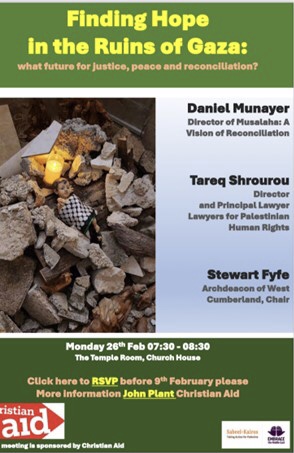
Musalaha, which means “Reconciliation” in Arabic, was founded in 1990. Since its creation, Palestinian and Israeli community leaders have led this organization by promoting, facilitating, and teaching reconciliation and unity within our society and internationally.M Musalaha – A Vision of Reconciliation
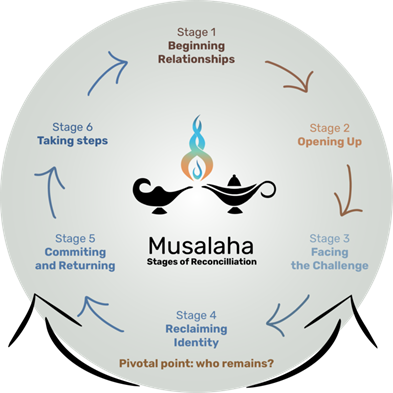
Despite the horrors and tragedies that have unfolded since last October Daniel continues to be hopeful. He has friends who have died in the bombing of Gaza and as a Palestinian he has been spat at by neighbours and been refused to be served at his local bank.
But he says the current situation has challenged people to work differently and more creatively. So his group are now working with a group of Muslims in Bethlehem to deliver food parcels across the faith divide to those in desperate need of food. This gives him hope. And he also sees the potential for Hope in the present crisis because it just might become an opportunity for a global movement to end colonial projects not just in Israel Palestine but across the world.
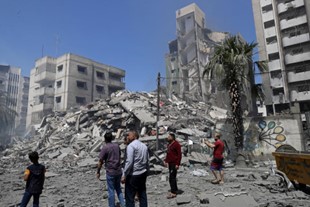
However Daniel did challenge all of us there with words very reminiscent of the sermon preached by Rev Munther Isaac, the Bethlehem Pastor Christmas service touched so many of us when we watched it on-line.
He said that Prayers and Statements are valued but they are no longer enough. Actions are needed beginning with doing all we can to persuade politicians for help bring about an immediate ceasefire and to continue to speak truth to power.
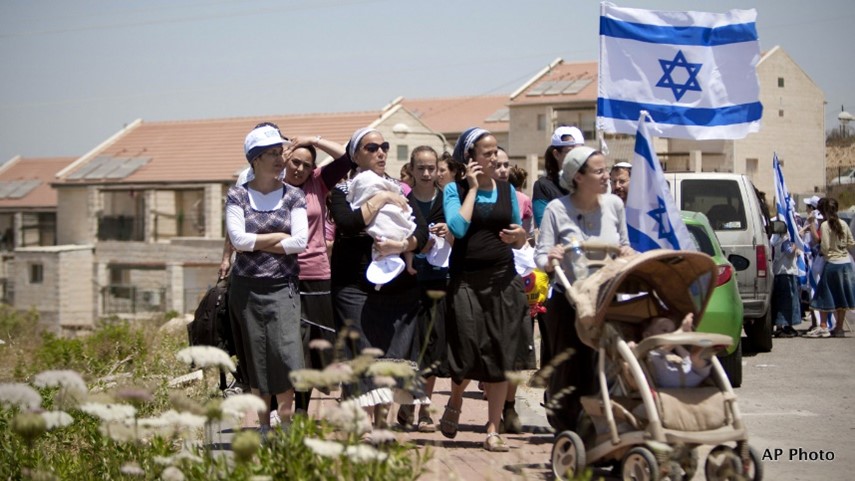
Our second speaker was Tareq, a human rights lawyer whose organisation has for a long time championed the rights of Palestinians especially when Jewish settlements have been built illegally on Palestinian land. Tareq suggested that another action we could take would be to contact our MPs about the Free Trade Agreement that is currently being negotiated between the UK and Israel. We should ask for a territorial clause that would exclude the West Bank so that the illegal settlers will not be able to benefit from the agreement.
TRANSATLANTIC SLAVE TRADE
The Charity known as the Church Commissioners have money and owns land and investments on behalf of the Church of England and is charged with using these funds to support the work of the Church. A significant part of this fund came from a historic fund known as the Queen Anne’s Bounty. It turns out that Queen Anne’s Bounty had in the 18th century invested heavily in the South Sea Company who deeply involved in the trafficking of enslaved people. By 1739 Queen Anne’s Bounty had accumulated investments in South Sea Company Annuities with a value of about £443million in today’s terms.
It seems incredible that the Church was complicit in something so un-Christian as the slave trade and over the last few years there have been moves within the Church to come to terms with this shameful history. This has happened in two ways.
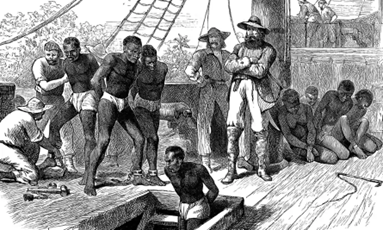
To utter an apology for the part the Church played in what is known as Transatlantic Chattel Enslavement. Last year Archbishop Justin visited Cape Coast Castle in Ghana, which is one of the places from which the slave ships sailed to America and said,
- The abomination of transatlantic chattel slavery was blasphemy.
- Those who imprisoned men and women in those dungeons saw them as less than human.
- It is to the Church of England’s eternal shame that it did not always follow Christ’s teaching to give life.
- Our response must begin on our knees in prayer and repentance. ‘But our response does not end there. We are called to transform unjust structures, to pursue peace and reconciliation, to live out the Beatitudes in big ways and small.’
- To set up an impact endowment fund which will invest in a better, fairer future that promotes human flourishing for historically marginalised and vulnerable groups, in particular communities impacted by historic African chattel enslavement.
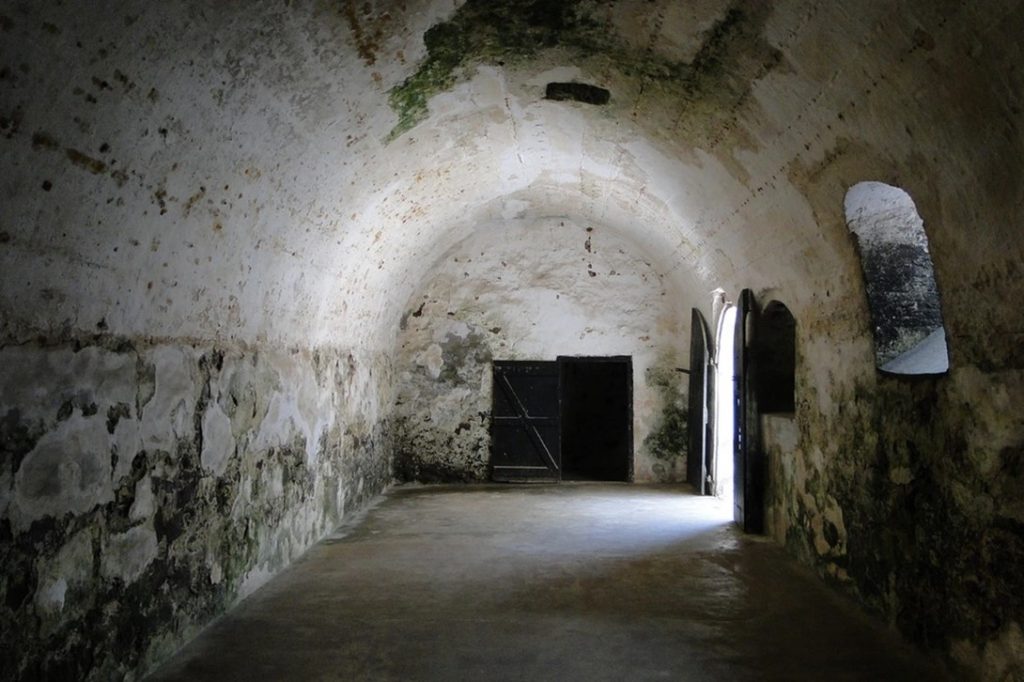
And so, in our first debate on Monday the General Synod affirmed the decision by the Church Commissioners to invest £100 million to establish this fund.
The debate turned out to be educational for me and many other members of the Synod. Did you know there is a version of the Bible called the Slave Bible and there is a copy kept in the Library at Lambeth Palace. This version of the Bible was used at services on the plantations in the West Indies. It has many passages omitted from the versions we are familiar with – including Exodus Chapters 1 -18 which is the account of God liberating the Hebrews from being slaves in Egypt and the passage in Galatians when Paul talks about there being no distinction between slave and free!
ESTATES EVANGELISM
The third example of looking out side of our church walls was a debate on Estates Evangelism. The Church set up an Estates Evangelism Task Group, who being inspired by the Nazarene manifesto long to see the transformation of a nation under Christ including the poorest and the most marginalised. They seek to encourage and resource evangelism in economically marginalised parishes, foster new forms of church life in such areas and support the raising up of new leaders, lay and ordained, from and for the urban church.
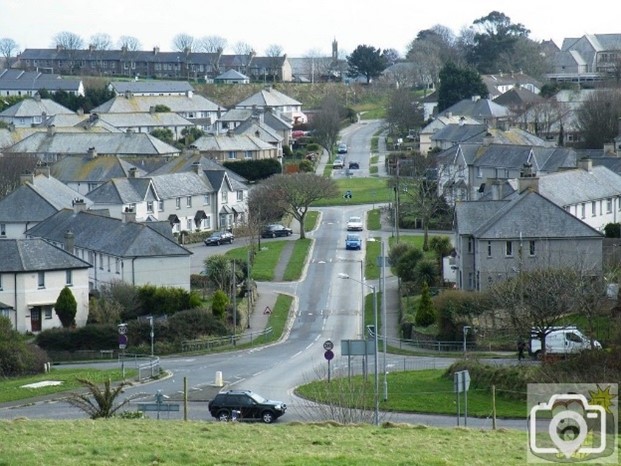
In February 2019 General Synod made a commitment to have a loving, worshipping, serving Christian community on every significant social housing estate in England. The motion we debated challenged the church to increase the pace of change required to have a true and sustained ‘bias to the poor’ culture evidenced through intentional strategic decision making and resource allocation.
3,300 (1 in 4) Church of England parishes either have 500 or more social housing homes within them and/or were in the bottom 20% for income deprivation. At the 2021 census over 2/3rd of the population live in these parishes, including 2/3rds of under 19’s.
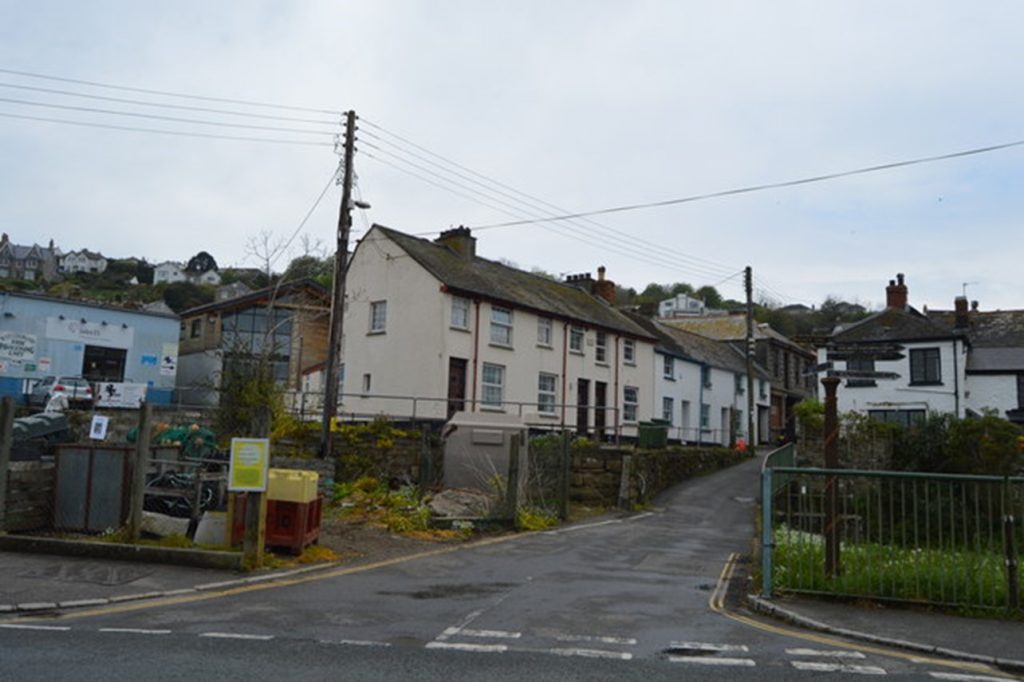
This is the kind of debate that warms the hearts of Synod members because those who stand up to speak are mainly the clergy and lay people from such parishes and they have inspiring stories of lives being changed as a result of encounters with Christians from a local church and accounts too of faith based social action that are helping to transform communities in spite of and sometimes as a result of the challenges posed by the cost of living crisis.
